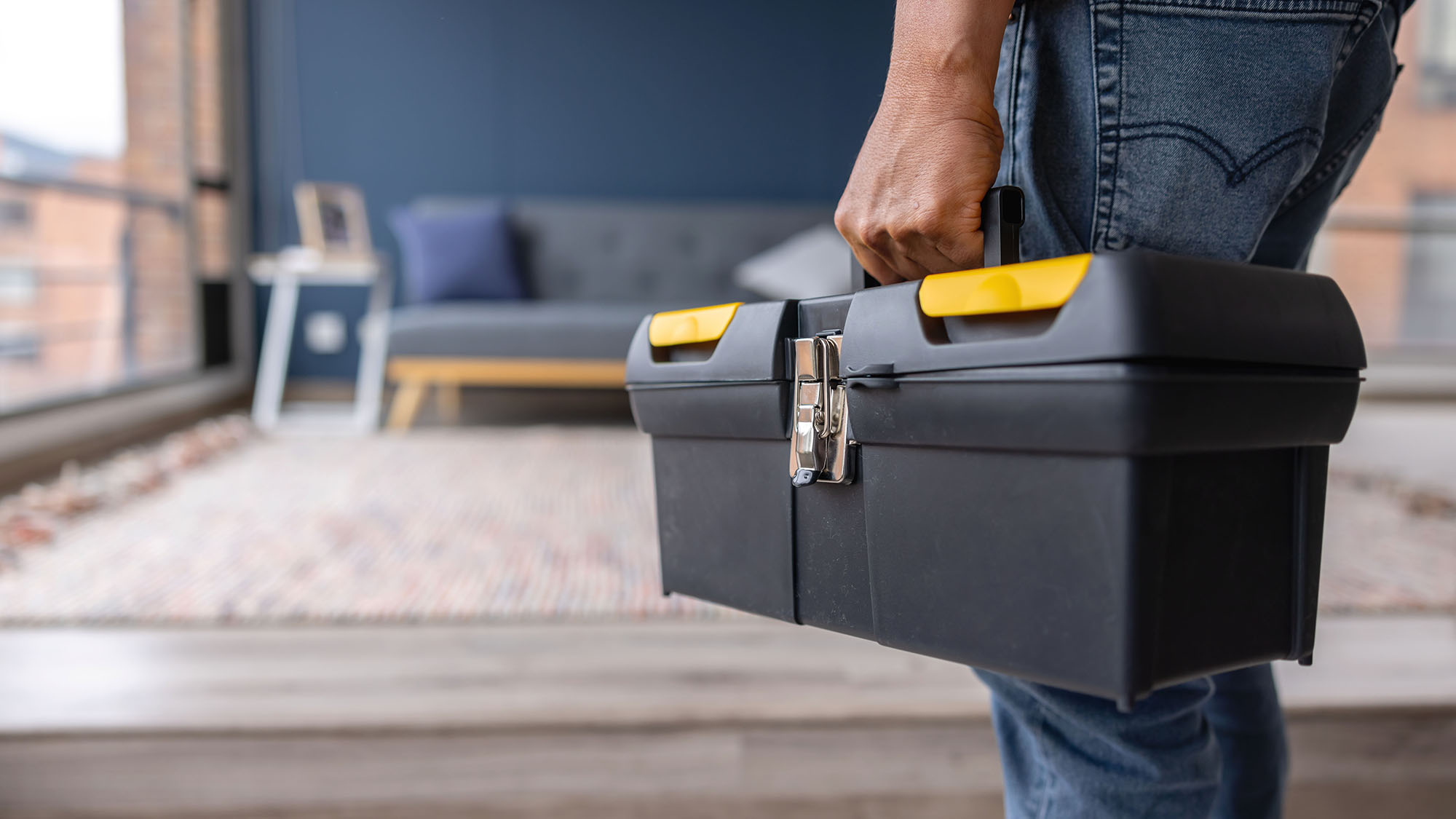The right to repair: Community groups and household names join forces to call for more repair, less waste
The UK is the second highest producer of electrical waste per person : Our relationship with the products we own needs fixing.
For International Repair Day tomorrow (21 October 2023) over 110 UK groups have signed up to a new Repair and Reuse Declaration calling for support from the UK government to move away from our throwaway economy. Coordinated by The Restart Project, the Declaration is supported by more than 90 community repair groups alongside the Design Council, Keep Britain Tidy and other NGOs, and businesses including Back Market, Techbuyer and SUEZ recycling and recovery UK.
The declaration calls on UK government to make it easier for people to repair products and pass them on to others for a second life. MPs are being invited to support the Declaration, which has already been endorsed by MPs from the Conservative, Labour and Lib Dems.
A YouGov poll commissioned for Repair Day found that only 28% of Brits were able to successfully fix, or have fixed, their last electrical item that broke. The poll showed strong support for the government to act on repair, with 85% support for the UK’s Right to Repair regulations to be expanded to all appliances and devices, and all policies recommended in the Repair and Reuse Declaration seeing at least 79% support. 47% of those polled didn’t try to, or were unable to repair their last broken electrical item. The top reasons were that repair was too expensive (38%), and that it was quicker to replace it (33%).
Incorporating repair and reuse practices into our everyday lives creates huge environmental and economic benefits by cutting down on waste, reducing the climate and resource impact of buying new products , and saving people money by getting the most out of the items they already have. Despite this, repair is not accessible to everyone.
Two of the most common items taken to volunteer-run repair cafes in the UK are vacuum cleaners and lamps, with two thirds (67%) of lamps and over half (53%) of vacuums successfully fixed. But beyond repair events, there are few options for people that want to get their things fixed. On LondonRepairs.org, the Restart Project’s directory of over 300 reliable repair shops, only 2 fix lamps, and 9 fix vacuums. Without readily accessible repair options, people are wasting money buying new products during a cost of living crisis, meanwhile our waste mountain is growing. More repairable products alongside financial incentives to repair, as outlined in the Declaration, will help build a much needed repair economy, generate new repair jobs and more opportunity for people to repair.
To celebrate Repair Day, 79 fixing events are happening across the UK, with repair cafes taking place from Moray, Scotland, to Pembroke Dock, Wales; Foyle NI to Faversham in Kent. Events will include an online repair skill share and a Free Your Mind sci fi show launch, alongside a swathe of volunteer-run community repair events (case studies of events in Manchester, Bristol and London are included below). Across the world, over 1200 waste-busting repair events are taking place. Events include the premiere of a new kids drama on repair in the Netherlands, a human vs AI fixing battle in Berlin and refugee-led training on electrical fixing for women in Uganda.
People can get involved in Repair day by:
- Supporting the declaration at RepairReuseDeclaration.uk
- Finding their nearest event at: Repairday.org/events
Fiona, Co-Director at The Restart Project said: Everyone should have access to low cost repair, and be able to more easily pass on unwanted products for others to use. We’re launching a new Repair and Reuse Declaration because most people don’t like throwing away usable things, especially when struggling with the cost of living crisis, but it’s too hard to give products a second life through repair and reuse. Government policies can stem the tide of throwaway products through making repair easier, cheaper and more accessible, and making reuse a priority over recycling.
Clare Seek, Repair Cafe Portsmouth said: Our repair café is seeing a constant rise in demand for people wanting help to repair their things. We had fun restoring a Kongman game from the 80’s recently and enjoyed playing it too! But often it’s too hard to fix items, because spare parts are hard to get hold of, or because products aren’t designed to be repaired. We want to see more support to help people keep using the things they love for longer.
Sarah Ottaway, Sustainability and Social Values Lead at SUEZ recycling and recovery UK, said: “At SUEZ we have more than a decade’s experience in re-use, with 30 re-use shops on household waste recycling centres across the UK and the award-winning Renew Hub in Greater Manchester specialising in repair and upcycling. We’re committed to planning and designing for a future where re-use and repair is more mainstream, and this International Repair Day we’re calling on Government and local authorities to recognise the significant opportunities for re-use and repair, and accelerate efforts to make it more affordable and accessible for people. As it stands we will not be able to achieve net zero unless we consume less. This means integrating repair and reuse practices into our daily lives – keeping resources in active use for much longer than we do currently.”
